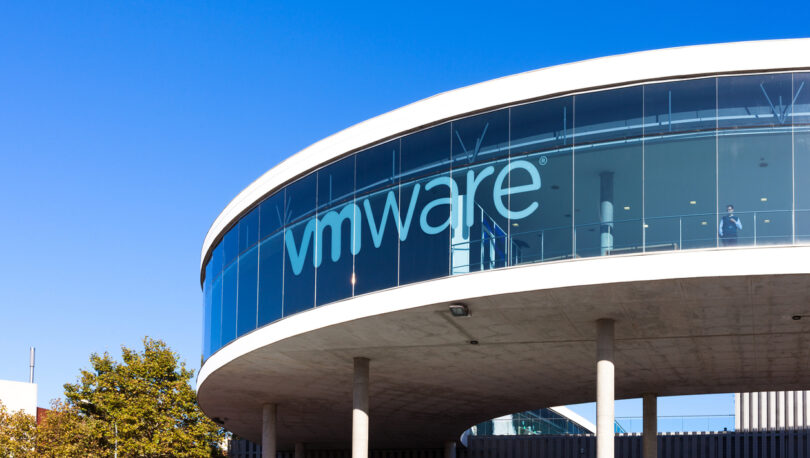For the most part, NPI’s clients have good relationships with their IT vendors. Sure, some vendors are less pleasant to do business with than others. But, by and large, there is mutual respect – customers need their IT vendors to be successful and vice versa.
Every now and then, however, an IT vendor goes rogue. Their behavior becomes too onerous, too difficult. What happens then? It’s a question many VMware customers are asking right now. On May 26, Broadcom announced a $61 billion acquisition of VMware that aims to cement Broadcom as an enterprise software giant. How will Broadcom’s acquisition of VMware affect VMware customers?
A Pattern of Concerning Behavior from Broadcom
Broadcom, formerly Avago Technologies, was founded in 1961 as the semiconductor products division of Hewlett-Packard. A few iterations later, the company became a microchip powerhouse – the 9th largest semiconductor company in the world as of 2016. But the company’s ambitions have extended beyond the narrow scope of computer chips. In 2018, Broadcom expanded into the enterprise software space with its acquisition of CA Technologies. A year later, it purchased the enterprise security business of Symantec.
Along the way, a few notable trends emerged for customers:
- Both loyal Broadcom customers and those acquired through CA and Symantec saw dramatic repricing. Increases of 60 to 400% were commonplace.
- Many complained of a slowdown in innovation and support for acquired products.
- Some noticed big changes at the Broadcom deal table. Negotiations were all-or-nothing. If you didn’t get on board with Broadcom’s deal, you had no choice but to switch vendors, which was easier said than done given the entrenchment of Broadcom’s offerings in the enterprise IT ecosystem.
That brings us to now. Broadcom’s acquisition of VMware would be historic in terms of impact to Broadcom’s business and to the number of enterprises affected. The WSJ reports the acquisition would nearly triple the size of Broadcom’s software division and account for nearly 49% of its revenue. Meanwhile, VMware is still the leader in virtualization with more than 400,000 customers, including 100% of Fortune 500 and Fortune Global 100 companies.
What VMware Customers Can Do Now
Will VMware customers get the same treatment as CA and Symantec customers? There is some speculation that Broadcom may adjust its approach given the size of VMware’s customer base, but that optimism is drowned out by Broadcom’s track record. Most customers see the acquisition as a concern or, worse, a threat.
From a procurement perspective, there are some things VMware customers can do now to mitigate negative impacts of a Broadcom acquisition:
- Customers with a VMware agreement of any size (ELA or ala carte) that is expiring soon should lock in pricing at renewal time.
- Perform price benchmark analysis on any upcoming VMware purchase and renewal. Securing and locking in the lowest price possible at time of purchase or renewal is key to de-risking the long-tail financial impact of a Broadcom acquisition.
- Start evaluating competitive alternatives. VMware is entrenched into the enterprise IT ecosystem, so any credible competitive evaluation will take time. Should customers find themselves at the Broadcom deal table, they need to arrive with solid alternatives that meet their requirements and a realistic timeframe estimate for a potential transition.
If you have a VMware purchase or renewal on the horizon, contact NPI for price benchmark analysis.
RELATED CONTENT
